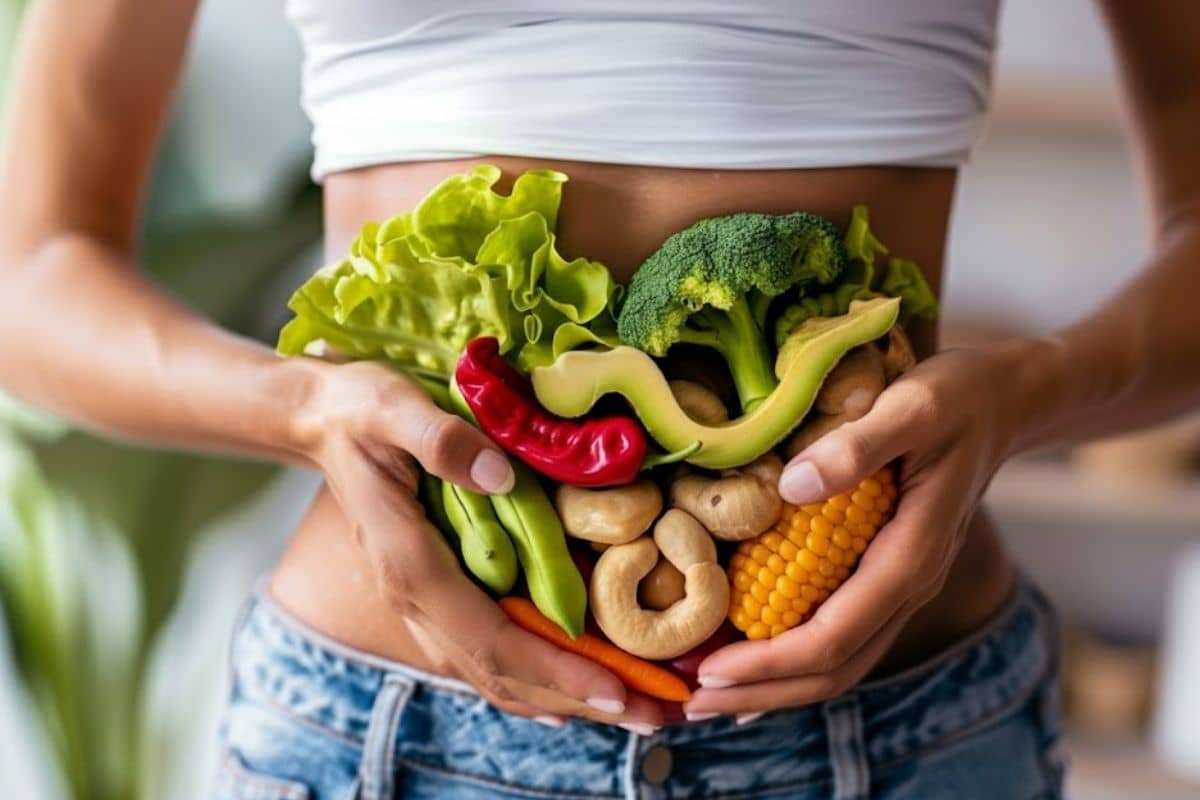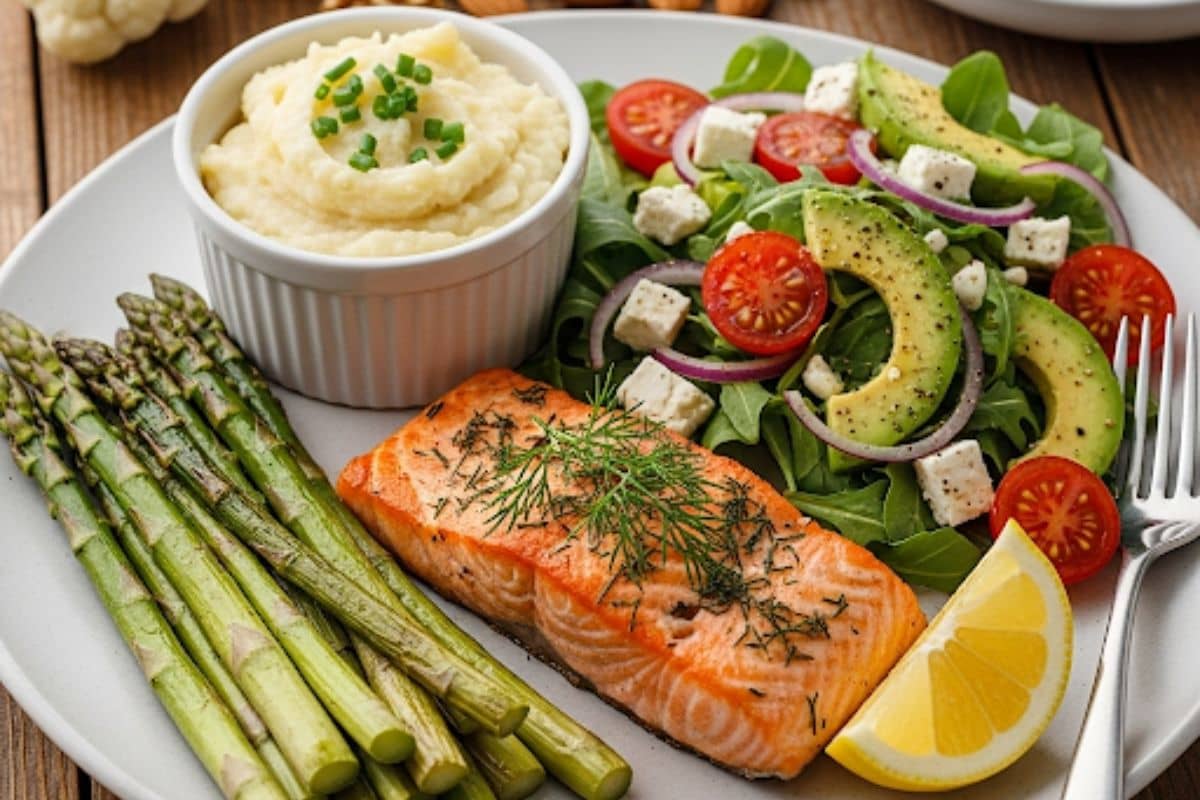Introduction
Understanding a Balanced Diet
What is a Balanced Diet?
A balanced diet contains all essential nutrients in the right proportion. It should include vegetables, fruits, grains, pulses, and dairy products. Such meals provide complete nutrition for overall health.
Importance of Macronutrients
Carbohydrates provide energy, proteins help repair and build the body, and fats support brain and heart health. Balanced consumption of these macronutrients ensures proper body growth and functioning.
Role of Micronutrients
Vitamins and minerals are required in small amounts, but they play a big role. They strengthen bones, boost blood health, and improve immunity, ensuring the body runs smoothly.
Essential Daily Foods for the Body
Importance of Fruits and Vegetables
Fruits and vegetables are rich in vitamins, minerals, and fiber. They fight diseases, improve digestion, and keep the body light, active, and energetic.
Whole Grains for Energy
Whole grains like wheat, oats, and brown rice are a great source of energy. They provide strength and keep you full for longer hours.
Proteins for Growth and Repair
Proteins help repair muscles and support body development. Pulses, eggs, milk, and fish are excellent protein sources for daily nutrition.
Importance of Healthy Fats
Omega-3 and monounsaturated fats are essential for brain and heart health. They can be found in walnuts, almonds, and olive oil.
Importance of Hydration
Why Drinking Water is Necessary
About 70% of the body is made of water. It regulates body temperature and helps organs perform effectively throughout the day.
Alternatives to Sugary Drinks
Sugary sodas and processed beverages harm health. Replacing them with coconut water, buttermilk, and herbal teas is a healthier and refreshing choice.
Meal Planning and Portion Control
How to Create a Balanced Meal
Each meal should include a mix of protein, carbohydrates, and fiber. Ideally, half the plate should be filled with vegetables for complete nutrition.
Tips for Portion Control
Use smaller plates, eat slowly, and reduce snack portions. These simple methods help avoid overeating and maintain a balanced diet easily.
Foods to Avoid
Processed and Junk Foods
Foods like chips, burgers, and pizza are low in nutrition. They add fat to the body and increase the risk of health issues.
Excess Sugar and Salt
High sugar and salt intake leads to obesity, diabetes, and blood pressure problems. Limiting them is important for good health.
Trans Fats and Fried Items
Packaged and deep-fried foods often contain trans fats. These are dangerous for heart health and increase disease risk.
Diet for Different People
For Working Professionals
Office-goers should eat light breakfasts, balanced lunches, and energy-boosting healthy snacks. Avoid fast food to stay active and fresh.
For Children and Teenagers
Growing kids need milk, pulses, and vegetables for development. Sweet and oily foods should be limited to maintain energy and focus.
For the Elderly
Elderly people should prefer light, easily digestible meals like khichdi, pulses, and fresh fruits. This keeps their digestion smooth and body balanced.
Connection Between Diet and Mental Health
Effect of Food on Mood
Sugary and processed foods cause mood swings and fatigue. Fresh and nutritious foods improve concentration, calmness, and positivity.
Stress-Relieving Foods
Nuts, green vegetables, and herbal teas help reduce stress and bring mental relaxation. Including them in daily diet supports peace of mind.
Common Diet Mistakes
Skipping Meals
Skipping meals weakens the body, slows metabolism, and often leads to weight gain. Eating regularly keeps energy stable.
Overeating Healthy Foods
Even healthy food, if eaten excessively, can cause problems. Moderation is the key to maintaining good health.
Relying on Fad Diets
Fad diets promise quick results but weaken the body over time. A steady, balanced diet is more effective and sustainable.











